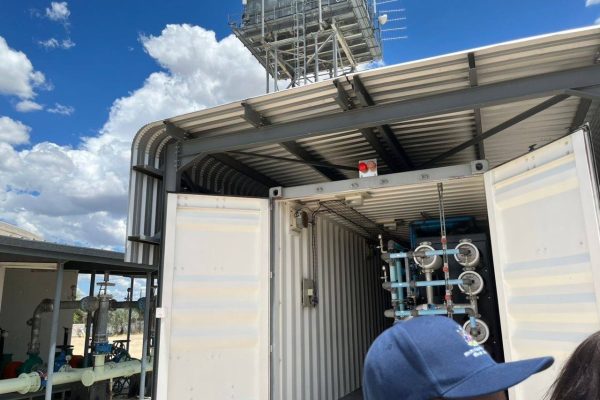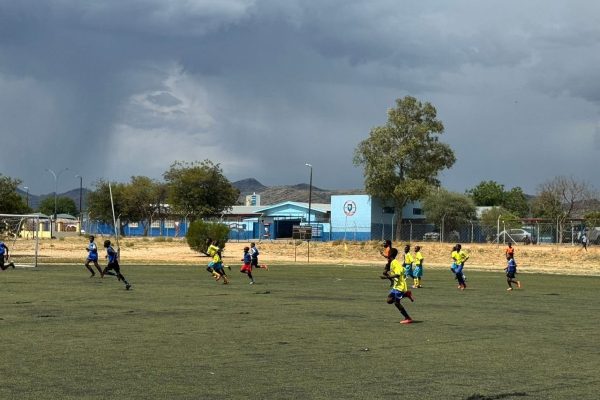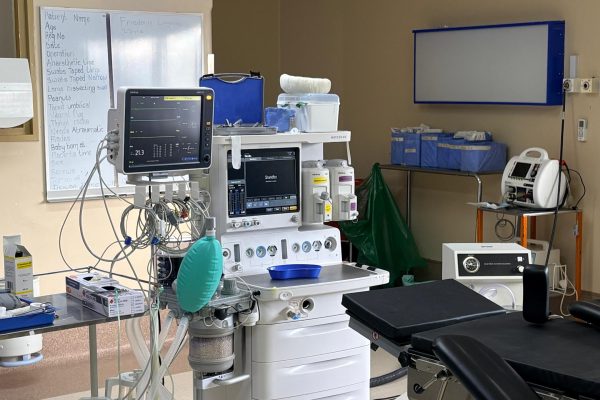
By: Dwight Links
A joint report released by the African Union (AU) and the United Nations Development Program (UNDP) looking into community-based social protection initiatives showed that just over 15 percent of people in Central, East, Southern and West Africa benefit from formal social protection.
These community-built systems are essential to reach the millions who function outside of formalised structures and alleviate the economic pressures of the modern era.
“The report explores community-based social protection organisations (CBSPOs) as pivotal mechanisms for addressing social risks and vulnerabilities in African communities where state-led social protection systems are constrained,” the report states.
Amma Twum-Amoah, AU Commission commissioner for health, humanitarian affairs and social development, indicates that the existence of community protection has been a long-entrenched support system that aims to help vulnerable people.
“Community-based social protection in Africa emerges from ancestral wisdom, women’s and men’s hands, and is the heartbeat of every village that says ‘I am because we are.’ It is born from the merging of necessity and an unwavering belief that no one should face crisis alone,” Twum-Amoah said.
“CBSPOs are typically small in size, comprising 10 to 40 members, and rely heavily on trust, social ties and peer-driven accountability. Membership is often contingent on financial contributions and social capital,” the report further adds.
Ahunna Eziakonwa, UN assistant secretary-general and UNDP program assistant administrator, explained that these initiatives help to manage a variety of needs which span from psychological support to financial commitments.
Community-based organisations, among other responsibilities, manage savings, extend loans, provide funeral insurance, offer emotional support and fill the cracks where formal systems fall short. Speaking to this impactful role, Eziakonwa recounted the words of a respondent in the Liberia-Sierra Leone borderlands, who stated that “When we have problems or issues, we go to the group for help, and they have never let us down.”
As these community-based support programmes have been identified as integral, the report calls for the support and actual expansion of these initiatives to be made more mainstream.
“To truly leave no one behind, Africa must complement the top-down approach to development with proactive, community-driven approaches that build from the ground up. CBSPOs are not peripheral to this – they are central,” Eziakonwa adds.
The report underscores that the key is to unlock the potential of these various initiatives to expand social protection across the continent, which has a reported 85% mostly employed in informal sectors.
Adding to the report’s findings of the far-reaching impacts of CBSPOs and commenting on where the continent’s strengths actually lie, Twum-Amoah stressed that “Because in Africa – in the quiet strength of its villages, in the rhythm of rotating savings groups, in the shared grief of funeral societies, and in the determined laughter of women pooling coins under a tree – lies a force more powerful than policy: community.”
“Members pool resources to secure credit, emergency loans, and to save for various needs.
However, these organisations also generally informally extend their support beyond financial assistance, offering emotional support, employment networks, and labour-sharing arrangements,” the report explains.
The report also notes that the sample used for its compilation tries to paint a picture of the impact of social protection from communities across the continent.
“Based on empirical evidence from 24 communities and 2,400 respondents across four study areas – Ghana, Liberia-Sierra Leone borderlands, Rwanda and Zimbabwe – the report evaluates governance structures, operational modalities and challenges faced by CBSPOs while assessing their potential for synergies with formal social protection systems,” it explains.









